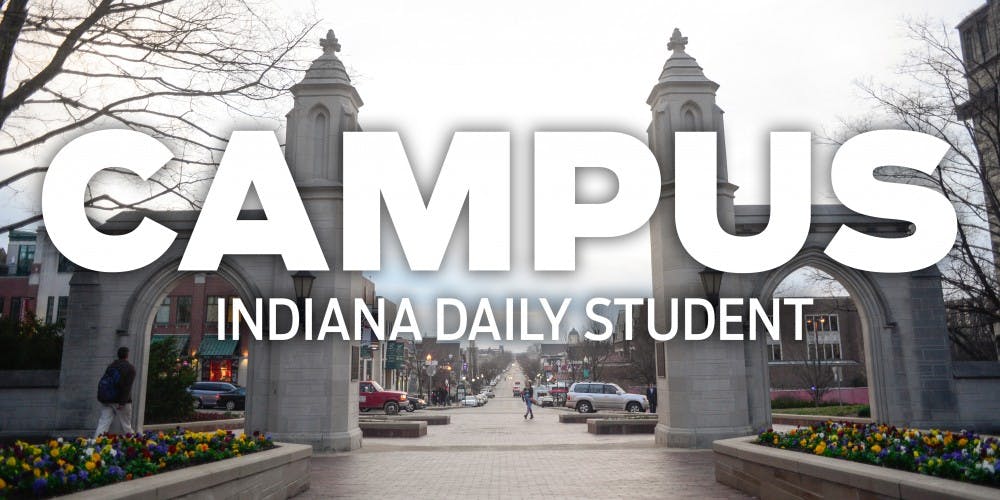IU researcher Allison Schnable has discovered a major growth in small, grassroots international non-governmental organizations called GINGOs, according to a press release from Dec. 13, 2016. These nonprofit groups enter impoverished areas in continents like Africa and Asia to provide humanitarian relief. Though they subscribe to some ideas of faith-based missionary work, they refuse to be termed faith-based organizations, according to the release.
These organizations use ideas such as sharing the love of god, praying and serving others. However, the groups are not restricted to any particular faith; rather, they adopt common ideas shared by many religions, according to the release.
“These grassroots groups based in the U.S. rely on volunteer labor and small contributions and have tiny budgets,” Schnable said in the release. “They largely serve Africa and Asia, and their work is made possible by broad cell-phone coverage, free email, cheap container shipping and international flights.”
The United Nations Children’s Fund and World Vision, two traditional charities, are no longer the only options for those wishing to donate.
Since 1990 more than 10,000 GINGOs have been started, according to Schnable’s research. She referred to the growth as remarkable.
In her research, Schnable analyzed 6,575 websites and discovered 25 percent of them reference their work from a Christian perspective. She frequently saw phrases like “God’s will” and “showing God’s love.” Her research shows using a trusted religious institution as a basis for humanitarian work provides legitimacy for an organization.
Schnable was able to determine 46 percent of GINGOs are affiliated with a religious congregation like Educate Tanzania, a group based in Minnesota that builds schools in Tanzania. Educate Tanzania works with, among others, a network of Lutheran churches. This network allows the organization to tackle much larger projects than it could on its own.
These organizations also allow members of several religious faiths to fulfill their duties of donating to the poor or giving alms.
“Despite all these linkages the grassroots groups are steadfastly not what we think of as religious organizations,” Schnable said in the release. “Their quick growth should reshape our idea of the role of religion in development aid.”
The Journal for the Scientific Study of Religion published Schnable’s research in an article titled “What Religion Affords Grassroots NGOs: Frames, Networks, Modes of Action.”
Cody Thompson




